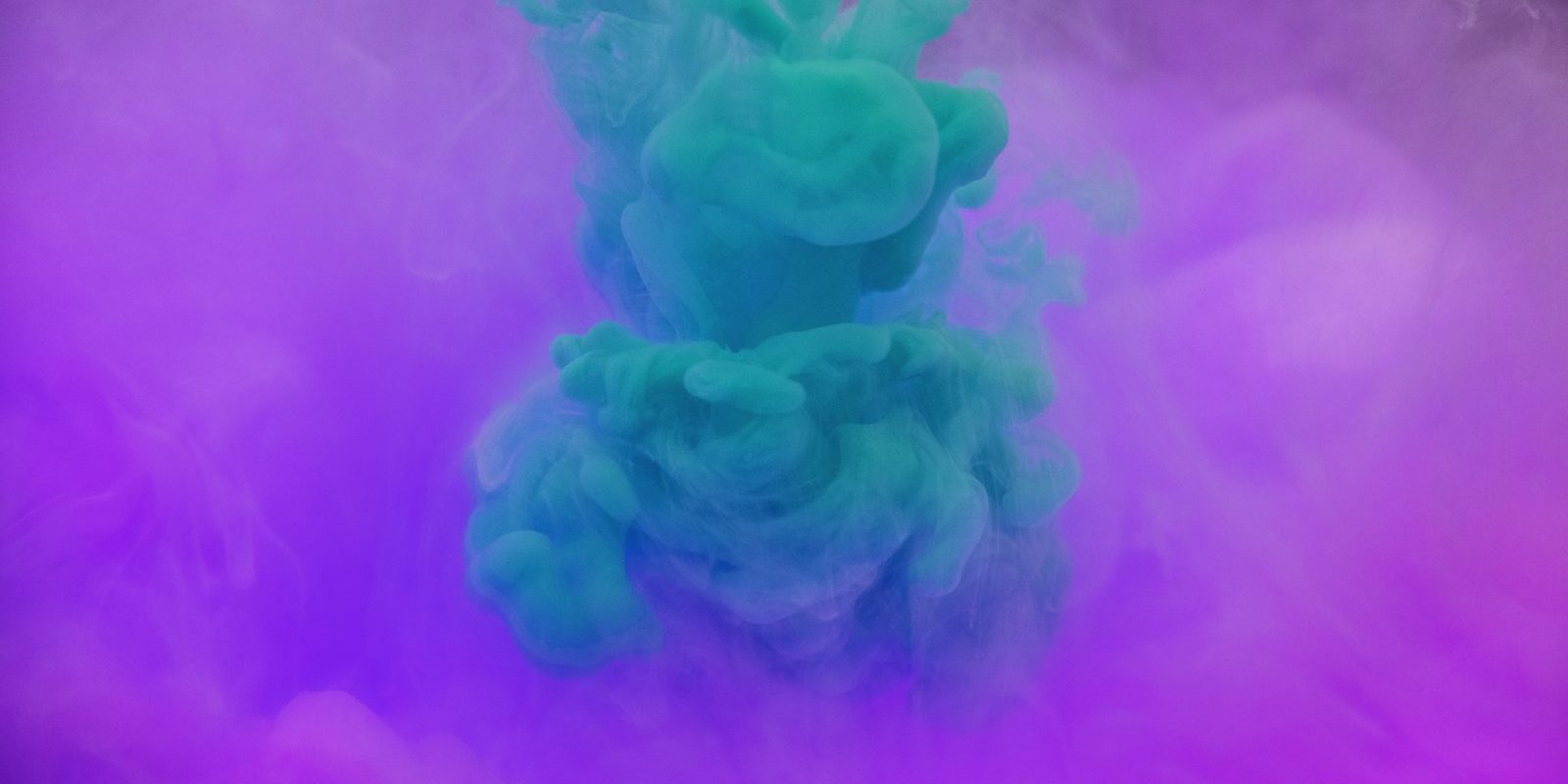 by Blake M. Bernard, COO, The SoRite Company
by Blake M. Bernard, COO, The SoRite Company
When you open your cleaning products cabinet or closet, what do you find? If you have a mixture of cleaning products promising to miraculously clean this or that, you may have a dangerous situation on your hands.
Cleaning products are made using different ingredients, supposedly for the purpose of being more efficacious than the next. For a product to be advertised as “New and Improved,” it really must be a new solution or an improvement over an existing solution.
The problem is, mixing cleaning products can be very dangerous. Even mixing common household ingredients can be dangerous.
Our DisinfecTips blog has touched on this subject before, but following is a handy reference guide to keep everyone in your home or workplace safe.
Cleaning Products You Shouldn’t Mix
Bleach & Just About Anything
Do not mix bleach with other cleaning products including glass cleaner, dishwashing detergent, toilet bowl cleaner, floor cleaner or wood cleaner. Bleach plus a mixture of cleaning products can result in the production of chlorine gas, resulting in severe respiratory problems.
Bleach & Drain Cleaner
Can produce chlorine gas which can have long-lasting effects to your eyes, nose and lungs.
Bleach & Oven Cleaner
Also can produce chlorine gas which can have long-lasting effects to your eyes, nose and lungs.
Bleach & Lysol
Do not mix the disinfectant Lysol and bleach. The bleach oxidizes the 2-benzyl-4-chlorphenol that is in Lysol resulting in various irritating and toxic compounds.
Bleach & Ammonia
Inhaling the vapor created when these two are mixed can result in respiratory damage and throat burns. Read labels carefully as these two ingredients are common in cleaning products. Glass cleaner for example, usually contains ammonia.
Bleach & Rubbing Alcohol
The mixture of bleach and isopropyl alcohol results in chloroform. Do not breathe fumes from this mixture.
Bleach & Mildew Stain Remover
Bleach removes mildew. But mixing bleach with a mildew stain remover does not make it work faster or better. In fact, mixing the two produces chlorine gas.
Bleach & Lemon Juice
This mixture of cleaning products can result in the production of chlorine gas. Seek medical attention right away.
Bleach & Vinegar
Can cause chemical burns to your eyes and lungs. The acid in vinegar releases chlorine and chloramine vapors when added to bleach.
Hydrogen Peroxide & Vinegar
When combined, the two can result in paracetic acid which can be corrosive.
Different Drain Cleaner Brands
If at first you don’t succeed and you find yourself back at the store buying more drain cleaner, make sure you buy the same brand that you used the first time. Mixing drain cleaners can release chlorine gas and could even lead to an explosion!
Pesticides & Water
Certain pesticides when combined with water create a deadly phosphine gas. Read the label!
Different Brands of Cleaning Products
With so many different cleaners on the market and mixtures of cleaning products that can cause potential problems, it’s really best to keep things simple and keep only one cleaning product on hand.
Look for a product, like Aseptic Plus, that is a disinfectant, sanitizer, multi-purpose cleaner, odor eliminator, allergen eliminator and mold and mildew killer.
Mixture Of Cleaning Products That Cancel Each Other Out
Remember basic chemistry? A mixture of basic and acidic solutions renders a balanced result, meaning one cancels the other out.
Baking Soda & Vinegar
Baking Soda is basic and vinegar is acidic. Combing the two basically cancels each out and you end up with water.
Vinegar & Water
There’s nothing actually dangerous about mixing vinegar and water, but when used on hardwood floors could actually take off the finish because vinegar is acidic.
Antibacterials/Disinfectants and Detergent
Mixing a disinfectant that uses quaternary ammonia with a foaming cleanser renders the disinfectant useless.
For more information log onto DisinfecTips.com.











1 Comment